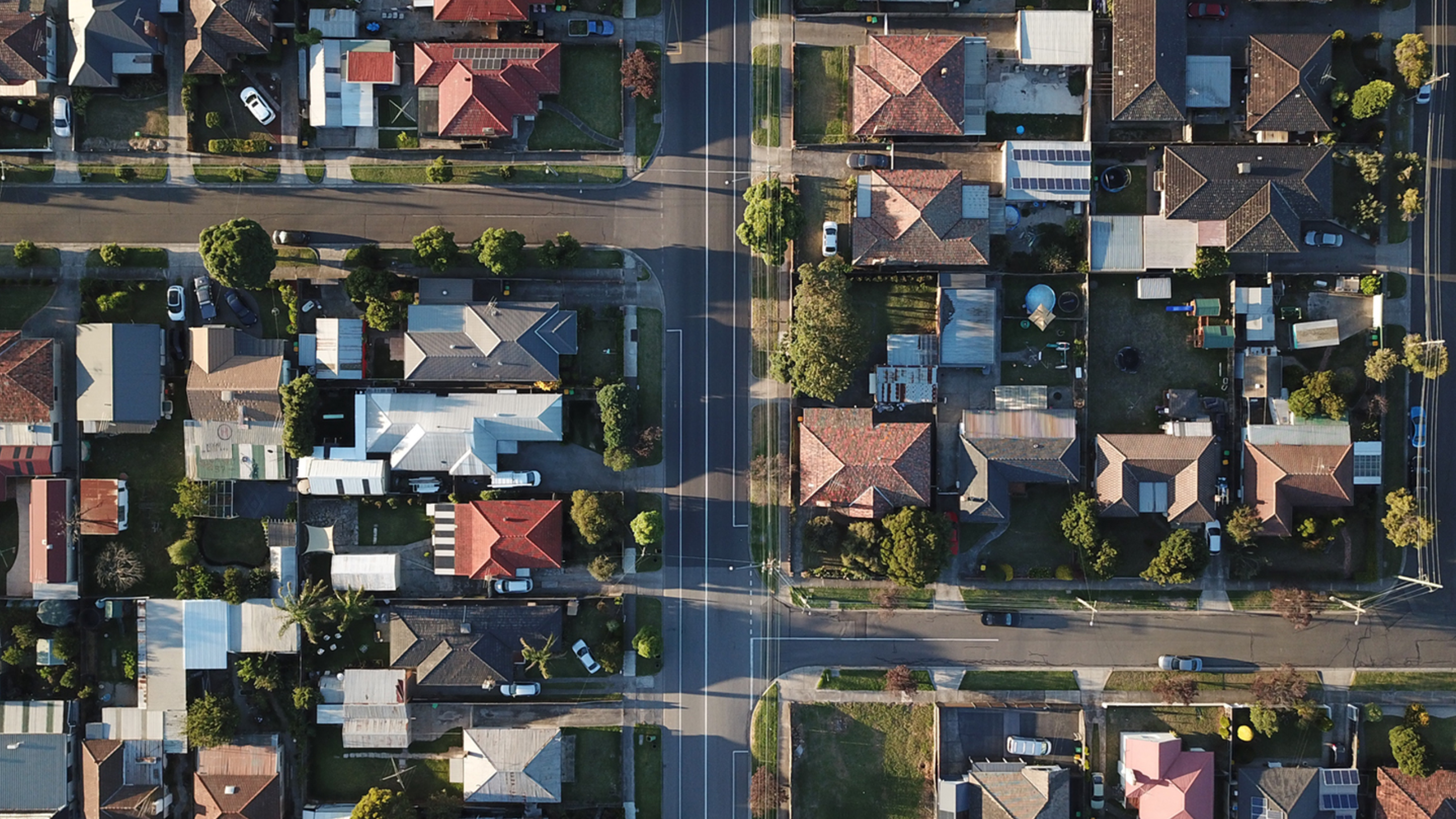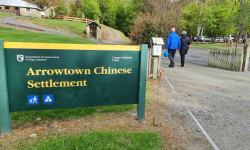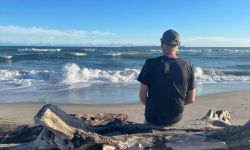
Dave Tims explains why he believes New Zealanders need to wake up to an economic system ingrained in our society, and why Jesus followers should be taking a stand for the common good.
Mum, dad and two babies are homeless. Welfare has paid for six weeks’ accommodation in a motel, costing $1300 per week. The media has frequently reported such cases. At first it was just news stories, until recently when it happened to a good friend and neighbour of mine. What is going on in our country for situations like this to become more common? In a word: neo-liberalism.
What is neo-liberalism?
Neo-liberalism is an economic philosophy that favours free-market capitalism. It promotes individualism, profit, the privatisation of state-owned businesses, and foreign investment, with few government restraints. Neo-liberalism has framed New Zealand’s economy and politics since the late 1980s, but many do not yet understand its full impact.1
It plays a major negative role in all aspects of life in New Zealand. Take the growing gap between the ‘haves’ and the ‘have nots’, for example. New Zealand used to have a three‑class system, but experts say we now have five classes: the super-rich, the rich, the struggling class, the working poor and the beneficiary poor.2
In 2018 Oxfam announced that New Zealand’s richest one per cent owned 28% of the wealth created in 2017. At the other end of the scale, the poorest 30% of the population received barely one per cent.3 The homeless living in motels or cars in those media reports we read are no longer just beneficiaries; they are also the working poor.
Walz’s story
The effect of neo-liberalism is neatly illustrated by what happened to a young man in my South Auckland neighbourhood.4 When we moved into the area, Randwick Park had a reputation for violent crime. The run-down skatepark, which sat at the heart of the subdivision, was a meeting place for gangs and drug dealers.
Walz was unemployed at the time. He spent his time skating, drinking, smoking drugs and fighting. However I noticed the easy way in which Walz interacted with kids at the park and asked him to join a team to re-design the skatepark.
Long story short, the park redevelopment eventually also included a purpose-built community and sporting centre, as well as rugby fields and basketball and tennis courts. Walz turned his life around and in 2013 was nominated Youth Worker of the Year. In 2017 Randwick Park received the New Zealand Community of the Year award in recognition of its transformation. It was not just because of the new amenities but for the way in which the residents, along with a handful of core entities, came together, thus creating a new sense of community pride and cohesion.5
This all sounds good, but there were some unintended consequences of this community development. Suddenly I noticed there was a proliferation of tradesmen’s vehicles in Randwick Park. Landlords and developers had cottoned on to what was happening and were buying up houses cheaply, renovating them, and then selling them for tens of thousands of dollars profit, or ratcheting up the rent to take advantage of the new desirability of the subdivision.
This gentrification had disastrous consequences for residents like Walz. His rent climbed $100 a week and he could no longer afford to live in the community in which he had invested himself. He moved out of town to a house he could afford. He was not alone; a lot of our neighbourhood ‘nannies’ also moved south or to Northland where accommodation was cheaper.
Time to re-think?
I personally think neo-liberalism is destructive to say the least, and that we Christians are fairly quiet about its negative impacts. Maybe that’s because it is so ingrained in everything society does; it has just become how we do life.
Perhaps we need to delve a bit deeper into the effects of neo-liberalism and our response to it. As Peter Block et al say, “we have to look how our core economic beliefs have produced a culture that makes poverty, violence, ill health, and fragile economic systems seem inevitable.”6 And we need to ask ourselves “how money may serve us, rather then we serve money.”7
In the light of Walz’s story, let’s take the issue of housing as an example. I believe Christians need to think about what our response to the housing crisis is from a justice perspective. As Jesus followers, should we have housing investments and be making money from the housing crisis? Are we gaining our own security and wealth at the cost of the poor?
If so, then it isn’t what God intended for us. Throughout Scripture he taught an alternative narrative that emphasises neighbourliness and the common good.8 In the Old Testament, God commanded the observance of the Years of Jubilee and Years of Release (Leviticus 25 and 27), which was a structure to prevent the rise of a permanently poor class of people in society.
God’s wish is that there should be enough for everyone. He outlined how we could live together for the common good of all. In 2 Corinthians 8:15, Paul observes that, “the one who had much did not have too much, and the one who had little did not have too little.” This passage reveals God’s intention for no one to be poor. It's time that we demand a change, or that we find a way to live the change we want to see in the world.
What can we do?
It is important that we understand God’s concern for the poor. I think it’s even more significant that we make poverty personal and find places where we can share our resources for the sake of the gospel and others.9
This is where the generosity DNA of the church can play a major part in the transformation of our country. Imagine if we worked collectively and pooled our resources to work towards a fair and just society. Imagine combining our ideas and skills to make money for the purpose of the kingdom, providing housing and employment, and empowering our neighbours to access the resources needed to live well. And what say we did this without the government contracts that come with so many hidden agendas.
Sharing resources could be as basic as inviting individuals and families to live in our spare rooms, or as complicated as combining equity to buy houses to create co-housing communities, so that life and justice can be shared together. Imagine if every Christian filled every spare room with homeless people. The issue of homelessness in New Zealand would be significantly reduced! Our church history is full of stories of major social transformation. Why couldn’t today be the start of another great story—the transformation of our economic system from profit and individualism, to the common good and well-being of all?
As we embark on this journey, we risk feeling uncomfortable and challenged, and experiencing loss, like the loss of privacy. Living counter-culturally is hard, and sharing resources is never easy. We may suffer from mistakes and misunderstandings along the way. But we also will gain friendship and the joy of seeing those we love, and those on the margins, find life and the resources to live well. It’s in this place that we find love, for as we love others, we also find a new love for ourselves. As Henri Nouwen has said, “We have to trust that the risk of loving is always worth taking.”10
Story: Dave Tims
Dave is the Director of Urban Neighbours of Hope NZ, an international mission order (unoh.co.nz and unoh.org). UNOH workers immerse themselves in the lives of neighbourhoods facing urban poverty, joining the risen Jesus to seek transformation from the bottom up. In New Zealand, UNOH workers live and serve as small, responsive neighbourhood-based teams in Randwick Park (Manurewa) and Arakura (Wainuiomata).
References:
- I recommend a great 50-minute documentary called Mind the Gap that explains what neo-liberalism is and how it’s a major influence in all aspects of our lives: https://youtu.be/__2EdGFdgTA. I also recommend the documentary Who Owns New Zealand Now? which looks at how neo-liberalism has contributed to New Zealand’s current housing crisis and which discusses options for creating affordable housing: https://youtu.be/HzSAmOQuyjU.
- Ibid.
- “Oxfam report - Huge wealth gap in New Zealand where richest 1% own 28% of wealth,” NZ Herald, https://bit.ly/2Eyk6tq.
- “Recovering drug addict changes a ‘hood’ into a ‘neighbourhood’,” TVNZ, https://bit.ly/2uZ2hUR
- “Randwick Park named NZ’s Community of the Year,” Emily Ford: Stuff, www.stuff.co.nz/auckland/89794362/randwick-park-named-nzs-community-of-the-year.
- Peter Block, Walter Brueggemann and John McKnight, An Other Kingdom (Hoboken, NJ: John Wiley & Sons, 2016), X111.
- Ibid, 29.
- Ibid, and also Walter Bruegggemann, God, Neighbour, Empire: The Excess of Divine Fidelity and the Command of Common Good (Waco, TX: Baylor University Press, 2016).
- Ash Barker, Make Poverty Personal (Grand Rapids, MI: Baker Books, 2009), 145-149.
- “Love and the Pain of Leaving,” Henri Nouwen: Henri Nouwen Society, www.henrinouwen.org/meditation/love-pain-leaving.
Scripture:
Unless otherwise specified, Scripture quotations are from New Revised Standard Version Bible, copyright ©1989 National Council of the Churches of Christ in the United States of America. Used by permission. All rights reserved.


